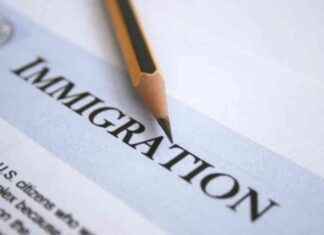EU Commission President Ursula von der Leyen sees significant progress in decoupling the European energy system from Russian gas supplies. Last year, for the first time, the EU generated more electricity from wind and solar energy than from gas, she said Tuesday at the annual meeting of the World Economic Forum in Davos. And this year, for the first time, more energy will be obtained from wind power and photovoltaics than from Russia. “This is good news,” said von der Leyen.
She also pointed out that, according to the latest figures from the International Energy Agency (IEA), capacity growth for renewable energies in the European Union will have reached another record level in 2023. At the same time, the efficiency of energy consumption has increased by almost five percent.
Von der Leyen cited efforts to break away from dependence on Russia as the background to the developments. “In 2021, before the Russian attack against Ukraine, one in five units of energy consumed in the European Union came from Russia,” she said. Last year, however, only one in twenty units of energy consumed in the European Union came from Russia. Europe has taken its energy policy destiny into its own hands again and turned a declaration of war by Russian President Vladimir Putin into a major new opportunity.
The crisis triggered by the Ukraine war has slowed the dynamics of the European economy, but fears of an economic collapse have proven to be unfounded, explained von der Leyen. Energy prices have fallen recently and remained low even during the recent cold snap at the beginning of January. At the same time, gas storage facilities continue to be well filled. “Europe has made real progress in improving the crisis resilience of its energy system,” said von der Leyen.












